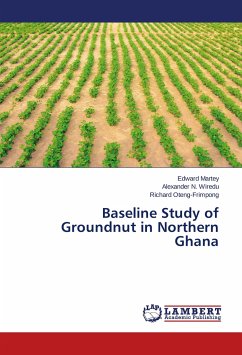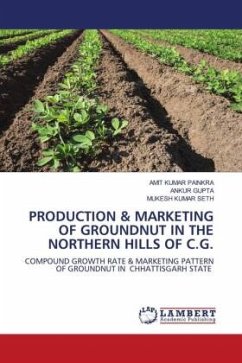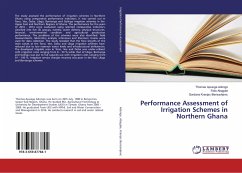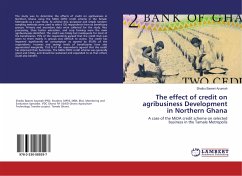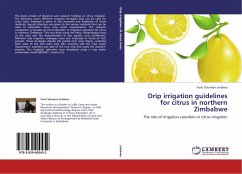Groundnut is a major tropical legume cultivated in the world. The crop plays a major role in sub-Saharan Africa. Countries like Nigeria, Senegal and Ghana, for instance, are among the top ten global producers and occupy 12 percent of the market and continues to be an important food staple in many households. In northern Ghana, the crop is considered to be a commercial venture for most of the inhabitants. The groundnut sector has benefited from several development projects over the years. The Tropical Legume II project was implemented to improve the livelihoods of smallholder farmers in drought-prone areas of sub-Saharan Africa and South Asia through grain legume production and productivity. The baseline study shows that groundnut production in northern Ghana has been fluctuating despite the large area under cultivation. Most farm households continue to use traditional methods of farming despite some improvement in agronomic practices. Area allocated to groundnut production has been increasing but do not translate into higher productivity. The seed system is a major challenge which requires an immediate policy to address the situation.

